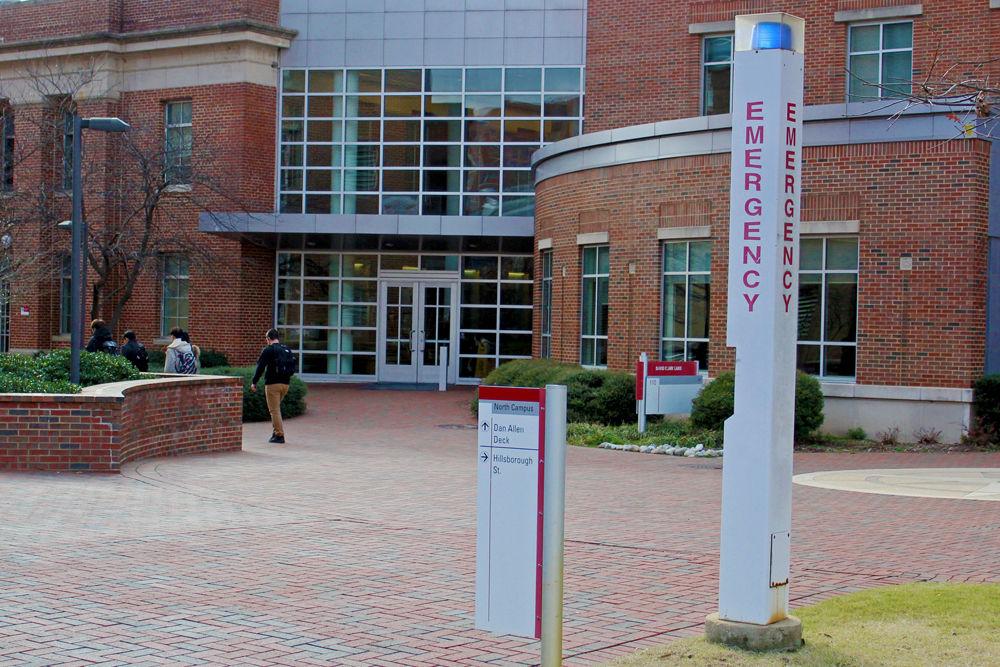NC State’s Howl for Help program provides amnesty to any student who seeks medical attention while violating alcohol or drug-related student conduct rules.
When incidents are reported to student conduct, a process begins to determine disciplinary action and intervention for students.
According to Tom Hardiman, director of student conduct, minor violations in which the student is found responsible will never result in suspension or expulsion from the university. Education interventions and probation status would be the extent of the disciplinary action for the violation. However, serious violations or reoccurring minor violations can result in a more intense disciplinary action such as suspension or expulsion.
The classification of alcohol and drug violations can be looked up in the NC State’s student conduct handbook.
Hardiman said that if a student has engaged in the use of alcohol or drugs and they actively seek medical help on their own, the university will not take action against them. This rule also applies to students who believe their friend is in need of medical assistance but they have consumed alcohol or drugs themselves.
“We want to reward any help-seeking behavior,” Hardiman said. “We want to prioritize safety and well-being above anything else.”
Hardiman mentioned that not a lot of people know about the Howl for Help program. NC State is a large campus and only about 20 alcohol and drug violations that are reported a year fit the Howl for Help criteria.
“I would much rather someone wake up in a hospital bed than not wake up at all,” Hardiman said.
Additionally, the university provides several forms of counseling and support groups for students who are struggling with alcohol or drug related abuse.
The counseling center has a Come As You Are support group (CAYA) that provides a safe environment for students to talk about issues they are battling with.
Monica Osburn, executive director at the Counseling Center and licensed professional counselor, said that the biggest component for helping a student with a substance problem is their desire to stop using.
“We do substance abuse assessments all the time,” Osburn said. “When we do those it is really about engaging a student’s desire to stop using.”
Another group that provides support is Collegiate Recovery, a fairly new group on campus that provides a community for students who are actively seeking sobriety. According to Hardiman, it is an opportunity for students to build a social network while building a support network.
The department of Alcohol and Other Drug Prevention Education also provides a program called Brief Alcohol Screen and Interventions for College Students (BASICS). Students are referred to BASICS as a part of the educational process at student conduct.








